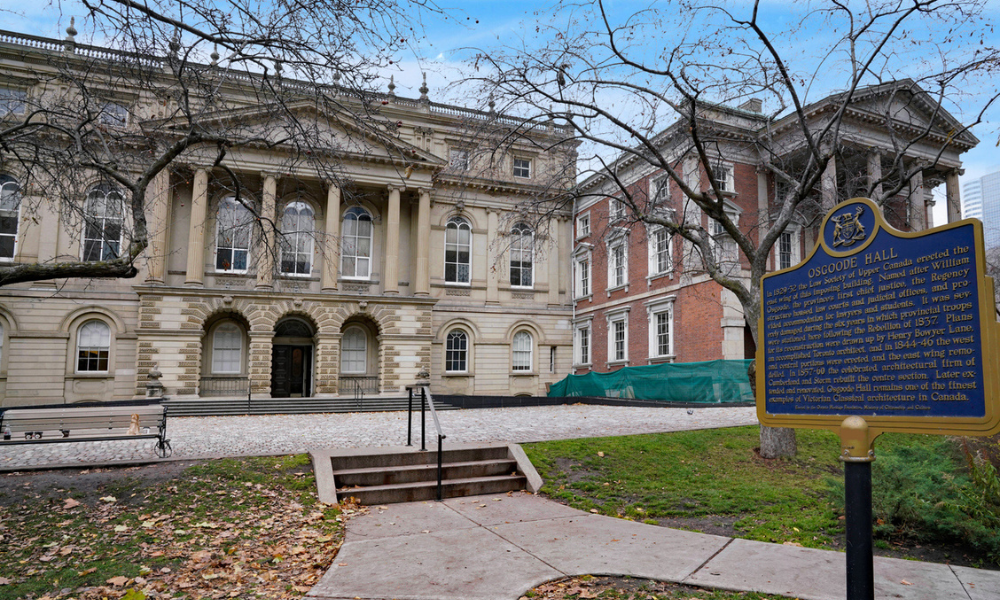FOCUS ON REAL ESTATE - LawPRO warns lawyers to watch for identity fraud exclusions in title insurance policies

Lawyers must be increasingly cautious of identity thieves targeting clients’ nest eggs — by way of title insurance loopholes applied to private mortgages.
That’s the message from LawPRO, which provides professional insurance to Ontario lawyers in case of errors or omissions. As real estate values skyrocket — and technology gives fraudsters more cover — the nature of title insurance underwriting for private mortgages is changing, and these are not the standard exclusions most lawyers know, says LawPRO.
LawPRO also offers a service called TitlePLUS — a title insurance program it says has more protection than others on the market for a specific type of identity fraud.
For instance, a crook might get a mortgage using the identity of an existing property owner. The real property owner only finds out about the mortgage when they are notified it is in default — at which point the true owner must go to court or to a hearing with the director of titles to get the mortgage discharged without payment.
“In either case, the lender is left with an outstanding loan with no security and, in many cases, authorities are not able (or do not have the resources) to track down the fraudsters,” warned LawPRO in a blog post. “Often a private lender’s only meaningful avenue of recourse is to submit a claim through title insurance.”
LawPRO says other title insurers often include transaction-specific “exceptions” to coverage.
A transaction might not get fraud coverage from a title insurer if mortgage funds are not paid to “acceptable parties” in private lender transactions — in other words, if the funds are paid to the borrower’s lawyer, the title insurer can deny fraud coverage, writes LawPRO in a warning.
A lender’s lawyer may still pay the borrower’s lawyer in trust “as long as the borrower’s lawyer provides a personal undertaking that they will pay the balance of funds to acceptable parties,” says LawPRO.
“The requirement imposed by the wording of the exception, that payment be made directly to the ‘registered title holders,’ is inherently challenging since the lender’s lawyer would not generally deal with the borrower directly,” writes LawPRO.









